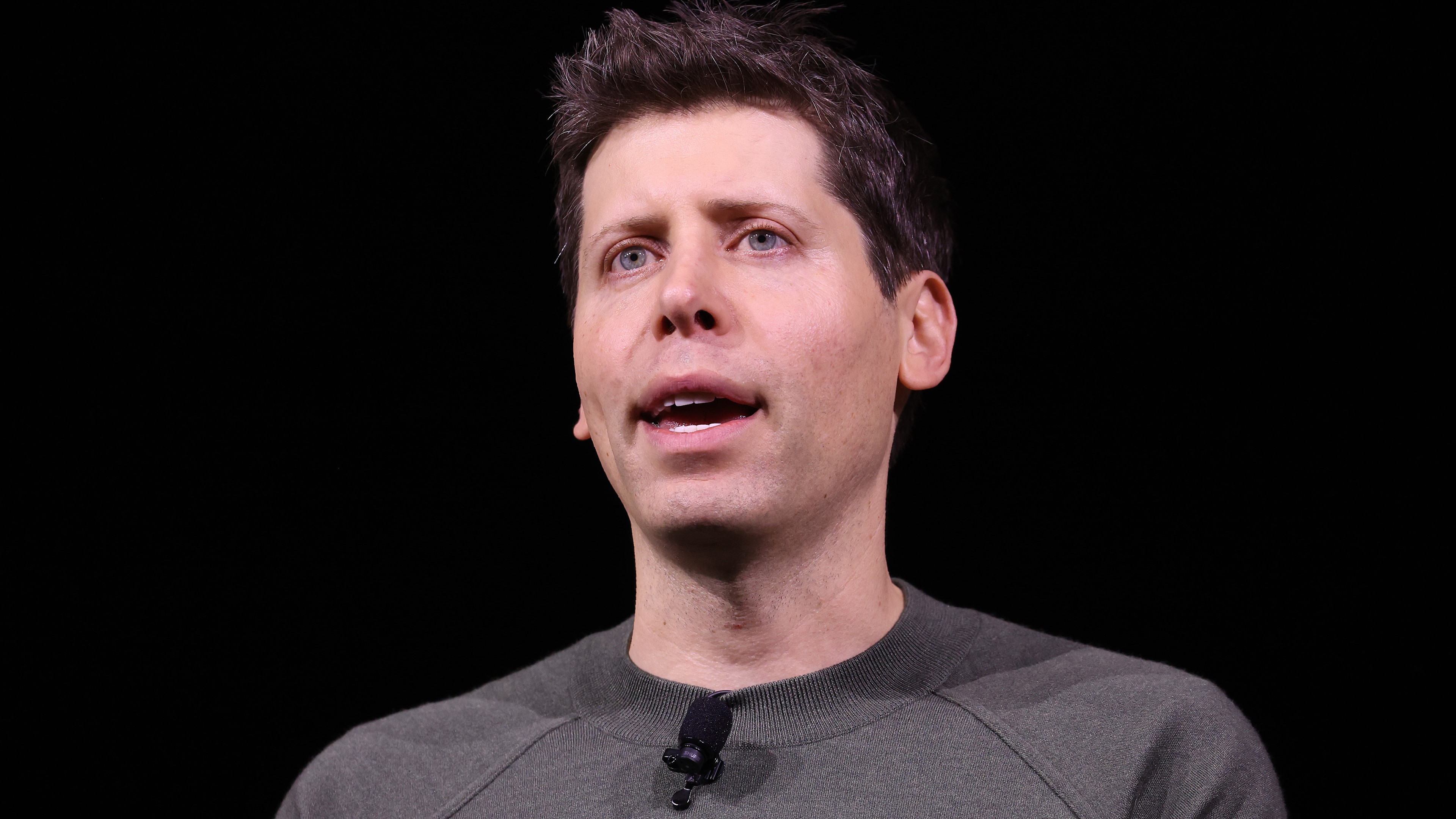OpenAI head Sam Altman claims a single ChatGPT query uses ‘one 15th of a teaspoon’ of water but that doesn’t put AI’s environmental impact in the clear

In a blog post on Tuesday(via The Verge), OpenAI supremo Sam Altman said that a typical ChatGPT query uses ‘roughly one 15th of a teaspoon’ of water. Altman doesn’t go into any detail over that claim, including whether it’s a consequence of the cooling hardware used to manage server computers or also the broader environmental impact of AI, such as manufacturing and installing all the hardware.
Whatever, the immediate question is just how much water is that? It doesn’t sound like a lot. But then, OpenAI is processing an awful lot of ChatGPT queries. So could it add up to a lot?
Taken at face value, the answer is a clear no. To the best of our knowledge, ChatGPT handles roughly one billion queries per day. One 15th of a teaspoon is 0.000085 gallons. Multiply that by a billion and you get 85,000 gallons of water daily.
Now, according to the US Geological Survey, water usage in the USA is around 322 billion gallons daily. So, ChatGPT’s water usage works out at 0.0000026% of the US daily national usage, according to those figures.
Taking a different route, the US EPA reckons the average American uses 82 gallons of water “at home” daily. Presumably, that excludes water usage outside of the home. That 15th of a teaspoon then works out to 0.0001% of an individual’s at-home daily water usage per query. So, you’d have to ping ChatGPT an awful, awful lot to make much of a difference to your overall water usage.
Of course, all that is to assume that Altman’s claim is accurate. And on that note, we’d be cautious, at the very least. Moreover, even if it is accurate, water usage is hardly the number one concern around AI.
Sheer energy consumption is a major worry. Some estimates already put AI at one-fifth of all data centre power consumption, for instance. Meanwhile, Altman himself is already raising funds to build fusion reactors to solve what he perceives as the power problem posed by AI.
So, even if water consumption isn’t much of a problem, AI hardly has a clean bill of health when it comes to environmental impacts. On the other hand, if you really start to think through all the issues involved, it quickly becomes very complicated indeed.
At the extreme end of the philosophical scale, some would no doubt argue that the long-term benefits of AI will easily outweigh any transient impact as the technology scales up. If super-intelligent AI helps us work out how to produce entirely clean energy and somehow solves all kinds of other environmental problems, well, it will all have been worth it.
But until that day comes, it probably makes sense to be cautious and minimise the environmental impact of AI.




